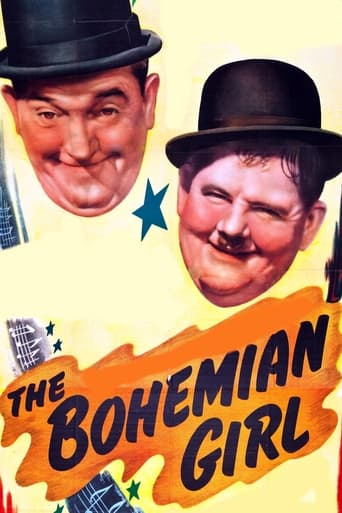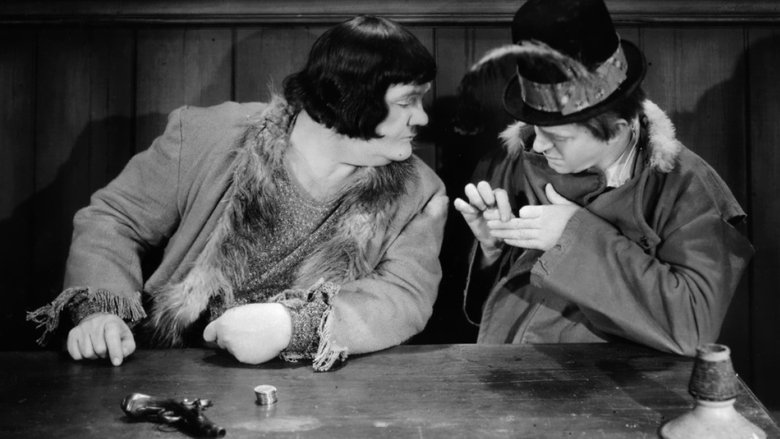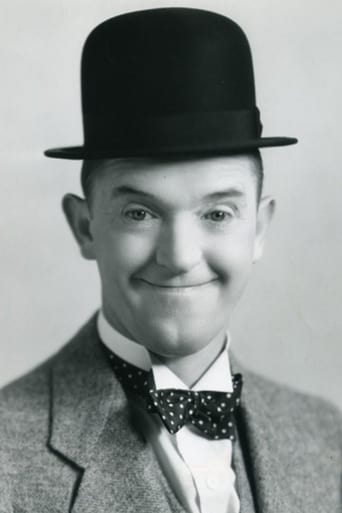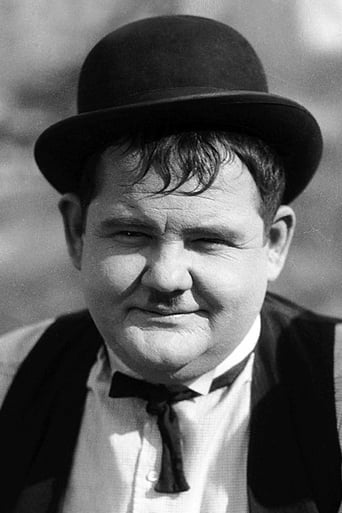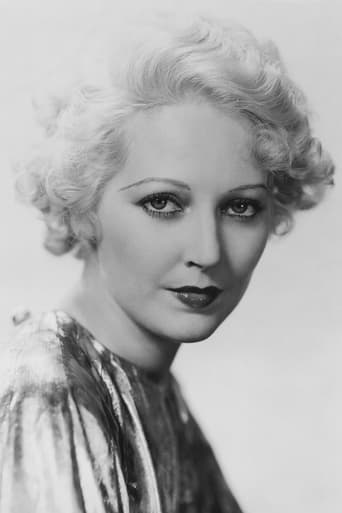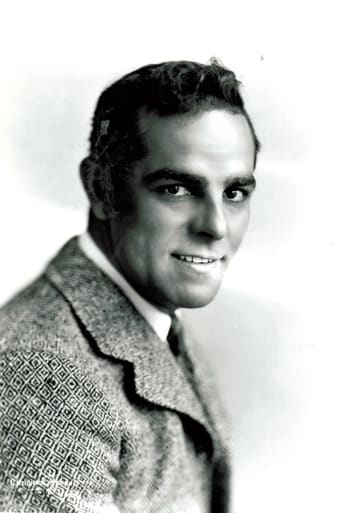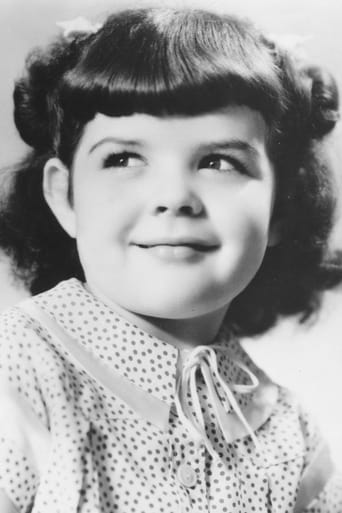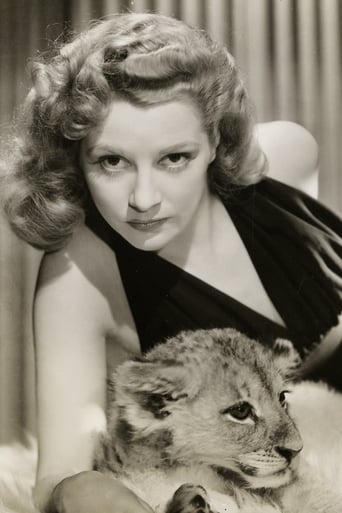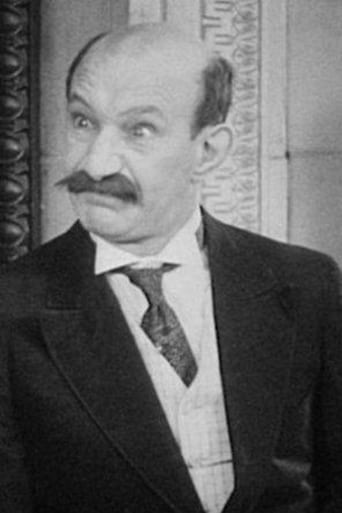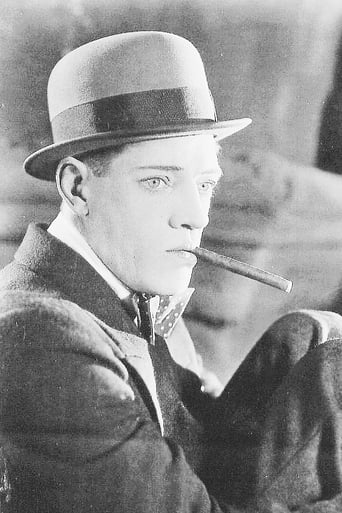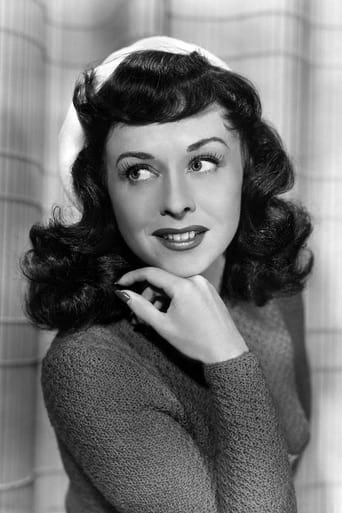Stan and Ollie travel with a band of 18th-century Gypsies holding a nobleman's daughter.


Similar titles

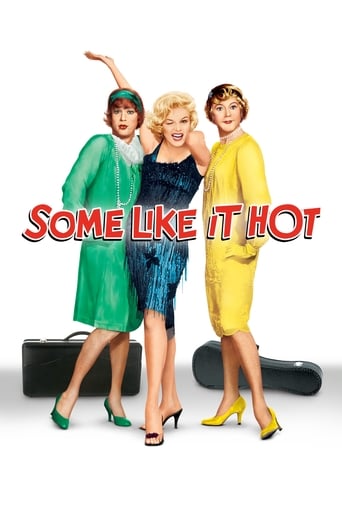
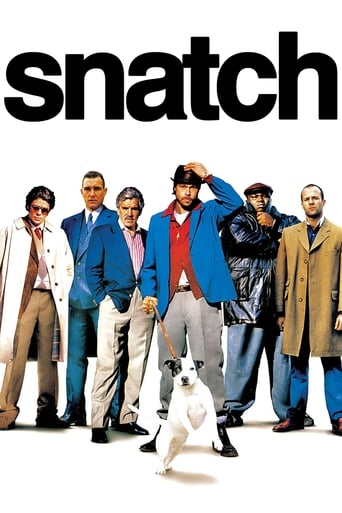
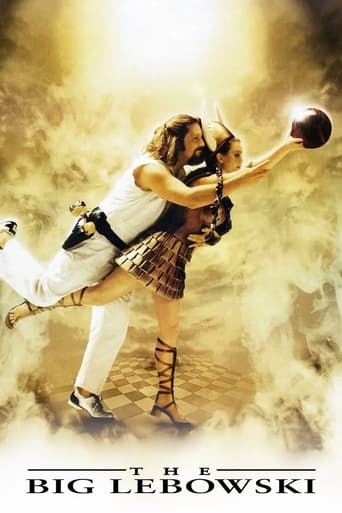


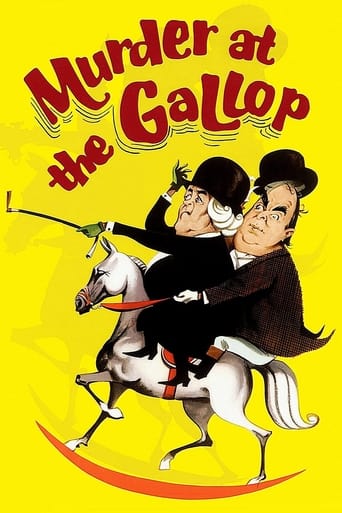

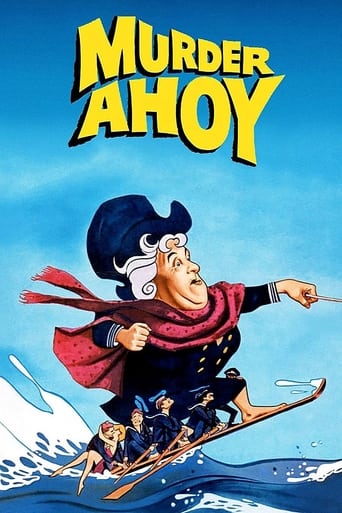
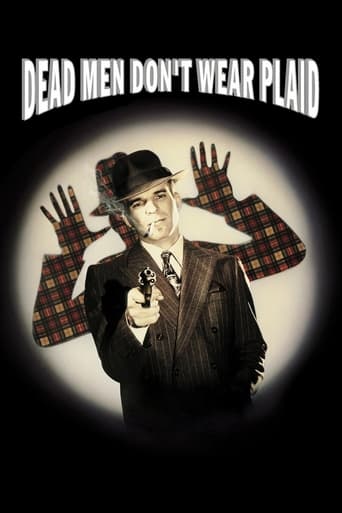
Reviews
Producer: Hal Roach. Copyright 12 February 1936 by Metro Goldwyn Mayer Corp. New York opening at the Rialto: 16 February 1936. U.S. release: 14 February 1936. 8 reels. 70 minutes.SYNOPSIS: Based on the operetta by Balfe, this is a tale of gypsies who, offended by the master of a noble house, kidnap his only child, and raise her as one of their own. Years later, the gypsy band returns to the same locality, where the old nobleman still mourns the loss of his daughter. The girl, now a young lady, in love and unaware of her past, is betrayed by a jealous gypsy woman.NOTES: Final film appearance of Thelma Todd, who died on 16 December 1935. In order to eliminate controversy, most of her scenes were dropped. This film M-G-M's biggest box-office success in France for 1936.COMMENT: One could be nasty and say that it was difficult to tell which was funnier: the scenes that were meant to be funny or those that were meant to be taken seriously. The directors lost a grand opportunity to really send up this ridiculous old operetta by having most of the players including Moreno, Wells, Busch and Carleton play with heavy theatrical over-emphasis admittedly but perfectly straight nonetheless — and even Hardy himself is guilty in his few dramatic scenes. One could say this except that the funny scenes in the hands of such two accomplished masters of timing are so funny, particularly the last couple of reels with Stan doing some delightful business with some empty bottles and a climactic run-in with our old friend James Finlayson and Stan delightfully putting the soldiery to flight with a whip; and we love Oliver's masterful fade-out on the scene in which he is suddenly presented with a six- year-old child — "Come, Stanley, let's spread the glad tidings!" enunciated with delightfully comic emphasis. Where some critics get the idea there are only two songs I don't know. The 52 minute TV version is full of songs, not only solos for some romantic gypsy, Miss Wells and Mr Carleton, but numerous choruses of gypsies and soldiers and an insistent music score that heavily underlies every scene whether "dramatic" or comic. The songs themselves are not bad and some are quite catchy but in keeping with the film's generally drab production values, the sound recording is tinny and the staging is straight out of a stage presentation of the operetta by the Lower Podunk Amateur Dramatic Society. At least the corny and unintentionally ludicrous presentation matches the wheezes of the dialogue (which seems to have been lifted straight from the stage) and the ridiculously melodramatic turns of the plot. Oddly enough the 52 minute TV version in which some unsung genius has made a game try to improve the film by extremely sharp editing and elaborate cross-cutting in the first 30 minutes or so is a reasonable success. Aside from L&H, Finlayson and Zeffie Tilbury alone of the players enact their ludicrous lines with the tongue-in- cheek heartiness they deserve.OTHER VIEWS: The full 70 minutes version is entertaining and also moves fast, though there is still a bit of inventive cross-cutting and the censor has chopped Moreno's flogging scene (which is accompanied bizarrely by a light-hearted tune from the background orchestra). Laurel and Hardy's fortune-telling episode which was deleted from the 52 minutes version has been restored — and a very funny sequence it is too. Oddly it also boasts one of the most effectively inventive camera angles of any L&H movie (not generally noted for their photographic finesse). L&H are remarkably at home in the weird plot, but the support players fare less adroitly. Fin is great but doesn't enter till the climax. On the other hand, Tilbury and Todd (who has virtually nothing outside of her introductory song, which is dubbed anyway) disappear without explanation after their initial scenes. When she finally enters, Julie Bishop makes a fetching heroine, though saddled with obvious dubbing for her famous solo, "I Dreamt I Dwelt In Marble Halls". Despite the poor sound quality and primitive staging, the songs come across excitingly enough to maintain interest in the overly melodramatic plot. A bizarre fade-out with the boys saved NOT just in the nick of time is typical Laurel and Hardy.
While quite stunning to look at with exquisite sets, lavish costumes and some beautiful snowy photography, at times this seems just too long even though it's got a full length plot line and a few musical numbers to pad it out. Oliver is married to the cheating Mae Busch who kidnaps a princess then runs out on Oliver anyway, leaving the young girl (Darla Hood as a child, Jacqueline Welles as a young lady) to be raised by Oliver and his sidekick, Stan Laurel.Moving from shorts into features full time, Stan and Ollie were lucky to have material that could be extended into a full plot line. They had done a similar situation before in the 1933 full length operetta "Fra Diablo", so this needed a fresh take on an old story, having been based upon an opera itself. I would have loved a dance number with the gypsies, as the songs aren't all that memorable. Heading into the Little Rascals series, Darla Hood manages to be cute without being cloying, something that left me cold to her in the shorts. The future Julie Bishop really has nothing substantial to do as the older young lady. Of the supporting players, Busch is a convincing shrew, while James Finlayson is funny with his double takes as a palace guard. The lovable Zeffie Tilbury is, as always, a delight as the gypsy queen, while Mitchell Lewis deliciously sinister as her son. Silent star Antonio Moreno is sensuous as the roving gypsy whom Busch carries on with in front of her own husband. It's pretty enjoyable, but I found myself more entranced by the setting and technical aspects of the film than the actual movie as a whole. Be forewarned, a scene of Stan sawing bars is like nails down a chalkboard.
Hollywood could never make this movie today in this way. The Laurel and Hardy scenes, and they are funny, are simply inserted between scene of a very sincere, if corny, production of Balfe's then still popular Bohemian Girl. It never occurs to the director to make fun of this folk opera, which must have taken real restraint, as it is at its best quite corny and could easily have been made fun of. But Roach doesn't. When Eileen sings the big number, "I dreamt that I dwelt in marble halls," the focus is on her and nothing ridicules what was then still a popular number in pops concerts.That's what fascinated me about this picture. Yes, as with the Marx Brothers'A Night at the Opera those with no interest in opera or its performance history will see the operatic scenes as just annoying filler. But for those of us who do have an interest in such things, it's very interesting to see that there was a time when Hollywood could present opera, even not very good opera, in a sincere and straightforward fashion, relying on the audience to enjoy those segments for what they were.Yes, this is another example of Laurel and Hardy, and an enjoyable one. But it is also a sort of document of how a certain type of opera was once performed and appreciated, and that is not negligible.
THE BOHEMIAN GIRL (1936)Aspect ratio: 1.37:1Sound format: Mono(Black and white)Two bumbling gypsies (Stan 'n' Ollie) are left holding the baby when Ollie's wife (Mae Busch) steals the infant daughter of a contemptuous nobleman (William P. Carleton).The last of three L&H vehicles based on popular comic operas (following FRA DIAVOLO and BABES IN TOYLAND). Derived from a work by Michael William Balfe, THE BOHEMIAN GIRL is theatrical in every sense of the word, with its exaggerated performances (by everyone except Stan and Ollie), cramped sets and predictable plot. Some of the songs are lovely (particularly the ode to Ollie's fatherly love, sung at breakfast by Julie Bishop, here billed as 'Jacqueline Wells'), but most are rendered quaint by antiquity. Ollie is just as punctilious and accident-prone as ever, but Stan steals the picture with effortless grace, getting drunk on home-made wine and saving Bishop from Carleton's misguided nobleman. Favorite gag: After being told that Ollie has become a father, Stan shakes his hand and declares, "I hope you grow up to be as good a mother as your father was!". Mae Busch plays Ollie's duplicitous wife, and L&H regular James Finlayson turns up in a bit part as one of Carleton's guards. Though previewed in 1935, the movie underwent extensive re-editing following the death of co-star Thelma Todd, who appears only briefly in the finished version as the gypsy queen's daughter. Directed by James W. Horne and Charles Rogers.
